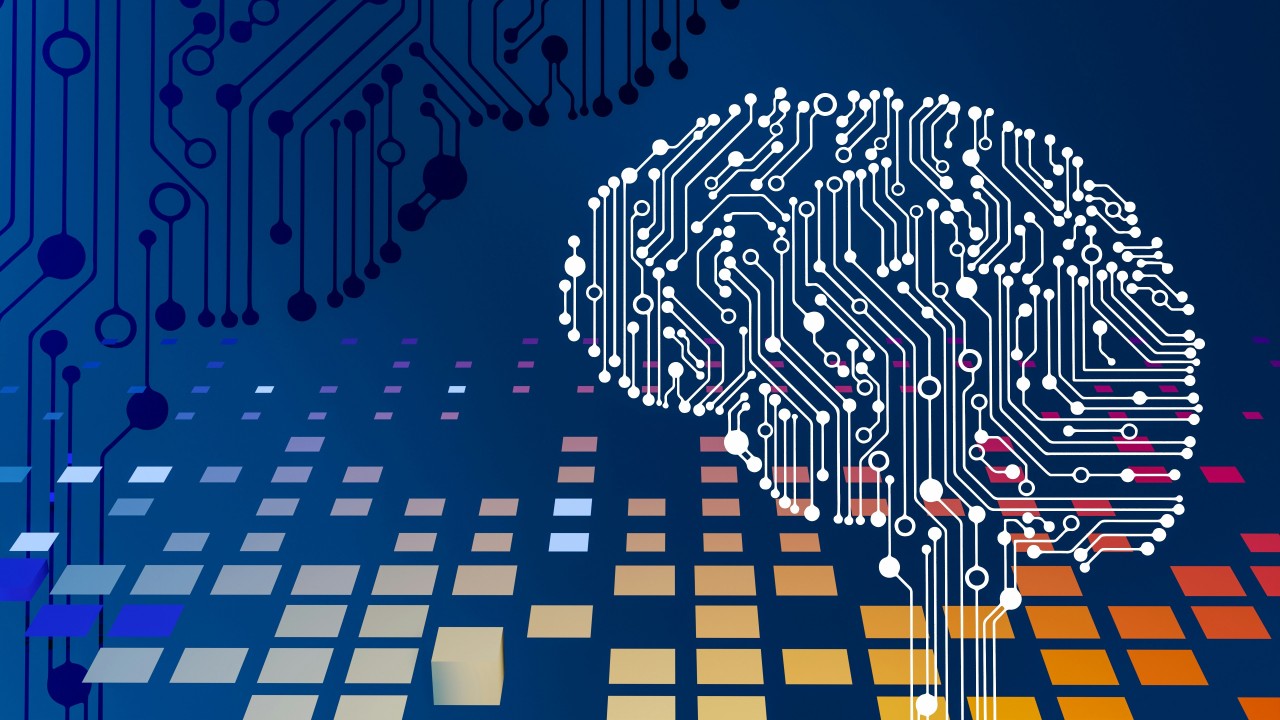ALNOOR VERJEE
SENIOR SOFTWARE ENGINEER & AI EXPERT
WITH 17+ YEARS OF EXPERIENCE
ARTICLES

THE HUMAN SIDE OF ENGINEERING - REFLECTIONS FROM ALNOOR VERJEE
Engineering is often seen as technical work. But after nearly two decades in the field, I’ve learned it’s just as much about people. Empathy, mentorship, communication, and community have shaped my career as much as algorithms or frameworks ever did. In this article, I reflect on the human side of engineering — and why it matters more than we sometimes realize.
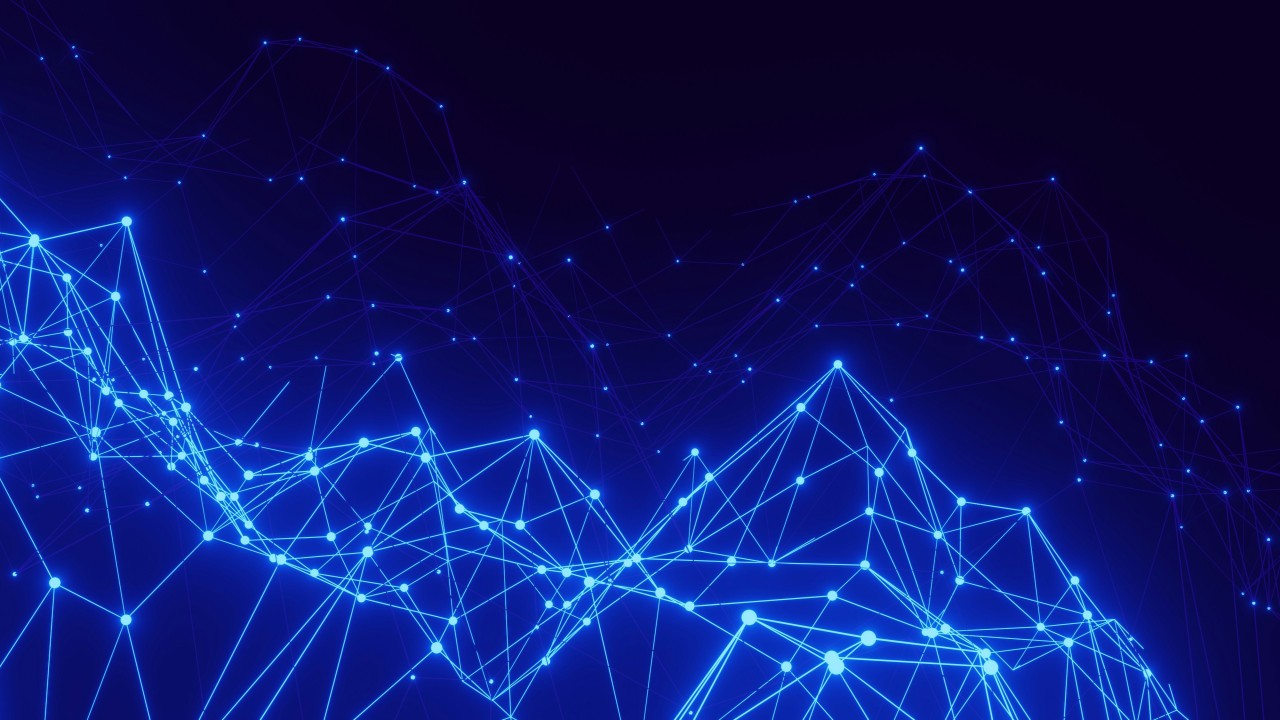

The last decade gave us cloud-native, DevOps, and the rise of AI. The next one will bring even bigger shifts. I believe we’re heading toward AI-first development, global collaboration as the norm, and ethics becoming as central as architecture. This article lays out my predictions for what software engineering will look like in 2035 — and what skills will matter most.
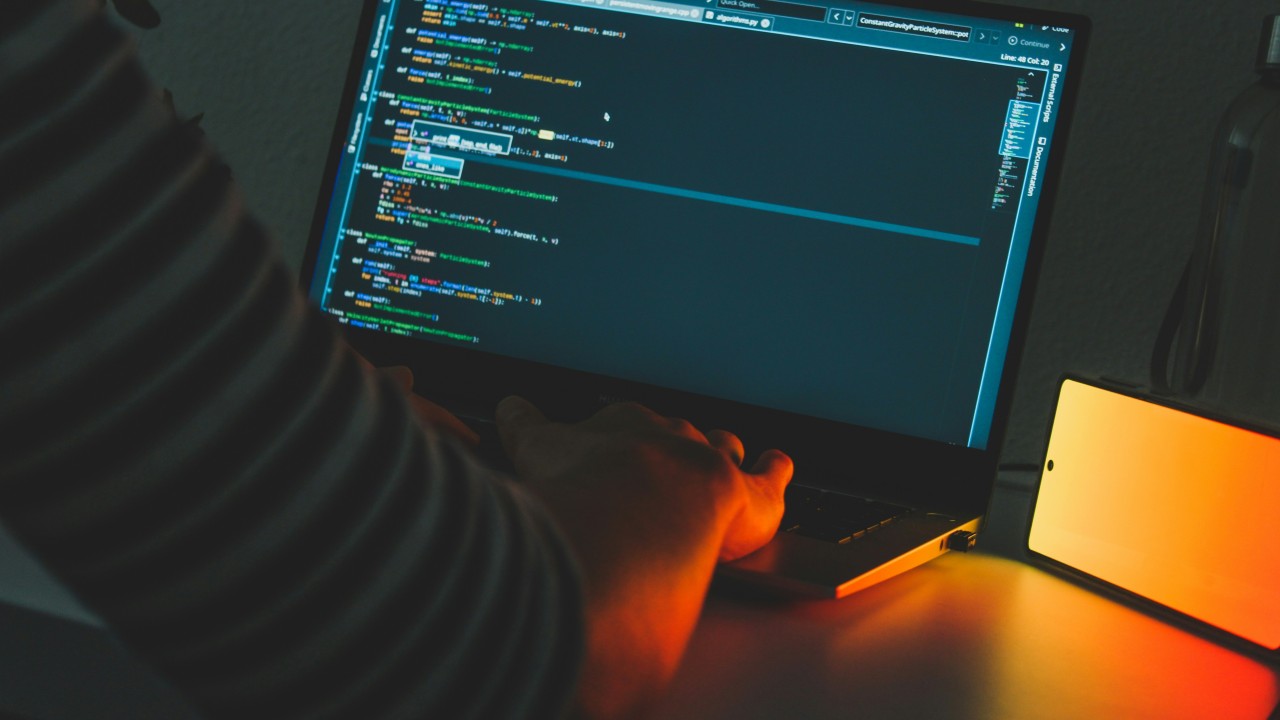

LESSONS FROM ALNOOR VERJEE: GROWING A CAREER IN TECH WHILE TECH KEEPS CHANGING
In 17 years of software engineering, I’ve watched frameworks rise and fall, languages appear and vanish, and entire paradigms get rewritten.
The secret to longevity in tech isn’t chasing every trend — it’s mastering fundamentals, staying adaptable, and protecting yourself from burnout.
In this piece, I share lessons from my own career about building resilience and growing when everything around you changes.
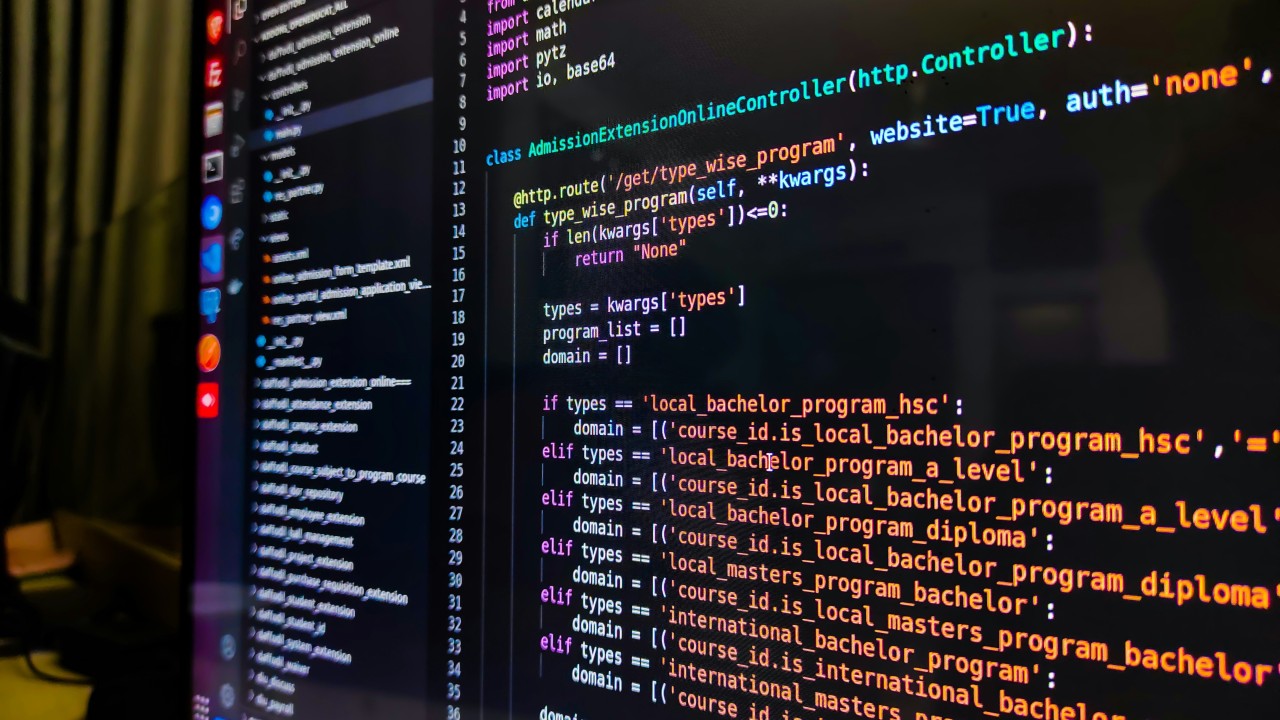

WHY ALNOOR VERJEE BELIEVES AI WON'T REPLACE ENGINEERS - BUT ENGINEERS WHO USE AI WILL WIN
There’s a lot of hype — and fear — about AI taking over engineering jobs. My experience tells me a different story.
AI won’t replace engineers. But engineers who know how to use AI will leave others behind.
I wrote about what AI can already do, what it can’t, and how we as engineers can prepare for the future.
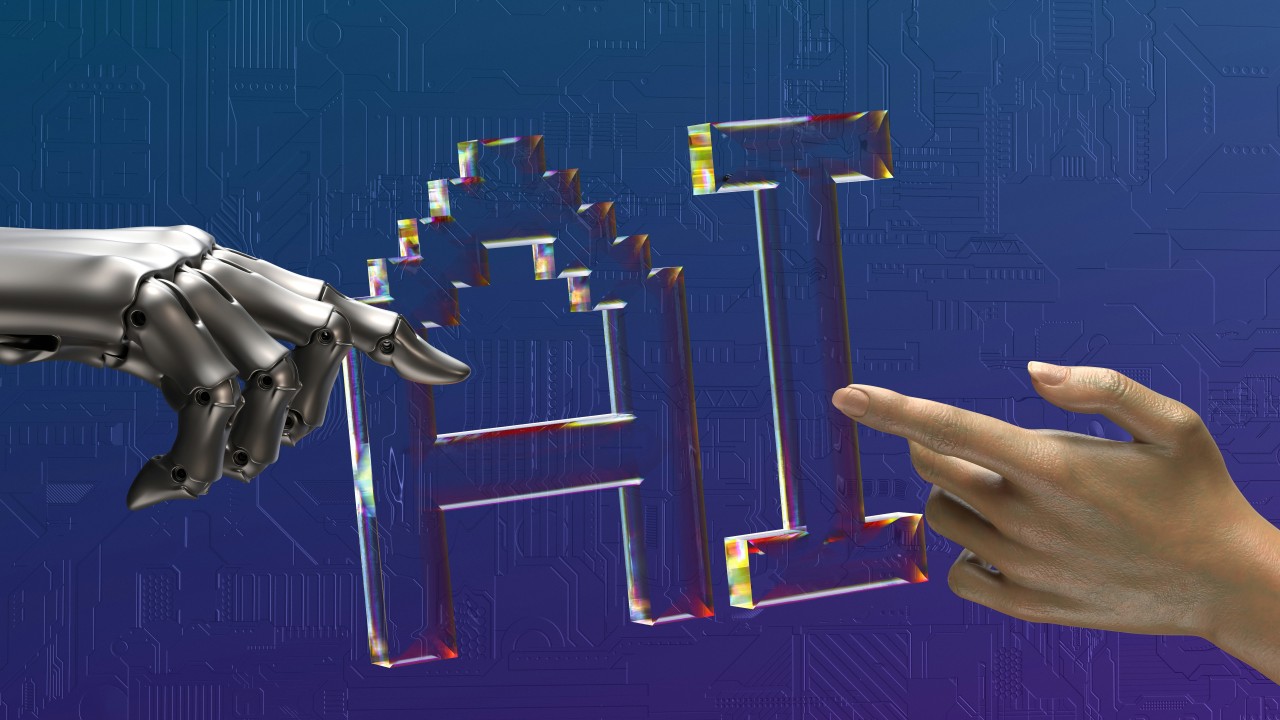

ALNOOR VERJEE ON 17 YEARS OF SOFTWARE ENGINEERING AND THE FUTURE OF AI
